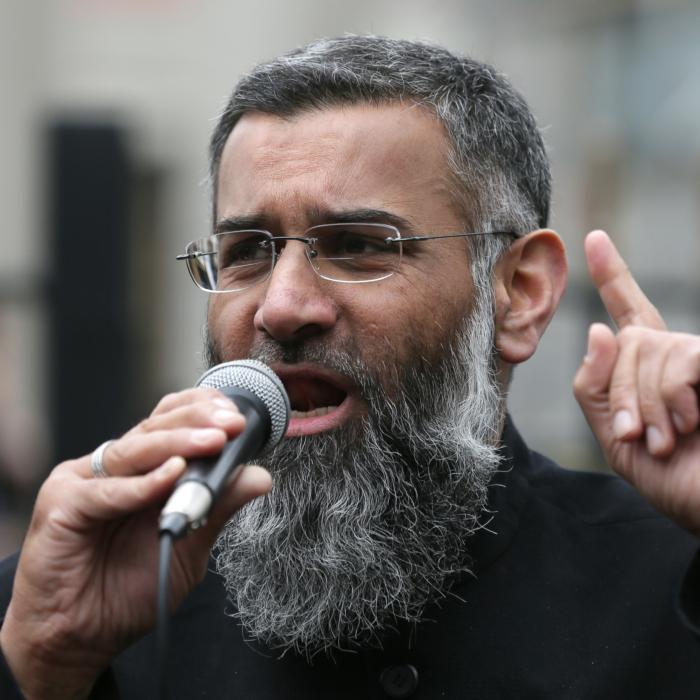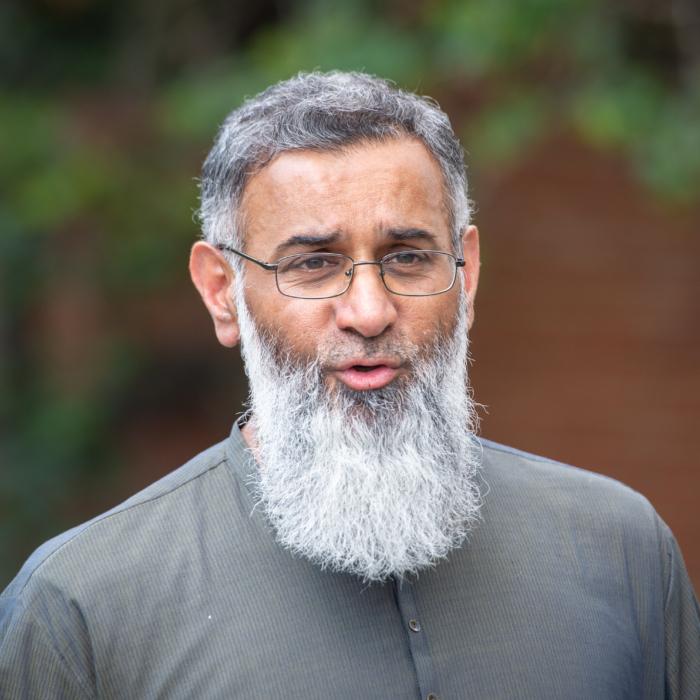A lawyer representing 25 core participants has told a public inquiry a “cult of masculinity” was to blame for the behaviour of undercover police officers who had sexual relationships with women in the 1980s and early 1990s.
Charlotte Kilroy, KC, who is representing a number of women who were tricked into having relationships with officers from the Metropolitan Police’s special demonstration squad (SDS) between 1983 and 1992, told the Undercover Policing Inquiry there had been widespread “contempt for women” and “disregard for the law.”
Counsel Urges Government to ‘Heed the Lessons’
Mr. Barr urged the government and law enforcement agencies to “heed the lessons” from the past when it came to covert police intelligence.Lord Walney, a former Labour MP, said, “undercover surveillance is being used appropriately in the context of public order and aggravated activism.”
But in his opening statement to the inquiry, Mr. Barr said, “Lest anyone consider this a purely historical exercise, it is important to learn lessons from the past.”
“The question of undercover surveillance of activists appears to be back on the agenda in the light of Lord Walney’s recent report entitled Protecting Our Democracy From Coercion,” he added.
“Anyone considering this issue would be well advised to heed the lessons that emerged from [Chairman Sir John Mitting’s] interim report and the evidence that we continue to publish,” he said.

‘Deeply Misogynist Organisation’
In her opening statement, Ms. Kilroy said the Metropolitan Police was at the time a “deeply misogynist organisation.”She pointed out a report commissioned by the-then commissioner of the Metropolitan Police, Sir David McNee, which was sent to the-then Home Secretary Leon Brittan in 1983, described the Met as being “dominated by ... a cult of masculinity.”
Ms. Kilroy represents 25 women who say they were deceived into intimate relationships with undercover officers (UCOs) between 1968 and 2010 and a child from one of those relationships.
She said, “Undercover officers’ conduct and sexual relationships were seen as carrying risks to a UCO’s private and family life, but were otherwise regarded with jocularity and hilarity.”
“They were considered as an inevitable consequence of UCO operations, which could be tolerated so long as they did not compromise the security of the SDS,” added Ms. Kilroy, who said misogynistic attitudes were “pervasive.”
Other opening statements which are due to be heard over the next few days will be from the Metropolitan Police, undercover officers themselves, two women deceived into relationships with officers, campaigners including CND members, and veteran politician Diane Abbott.
Later this year two women who claim they were deceived into sexual relationships with an undercover officer, Trevor Morris, will give evidence to the inquiry.
A statement from the Home Office was posted on the inquiry’s website on Monday in which it said: “The Home Secretary [James Cleverly] has decided that it would not be appropriate for him to make substantive submissions to this Inquiry during the pre-election period. Given the Home Secretary’s unique circumstances in this regard, he respectfully requests that the Department’s position be reserved.”







